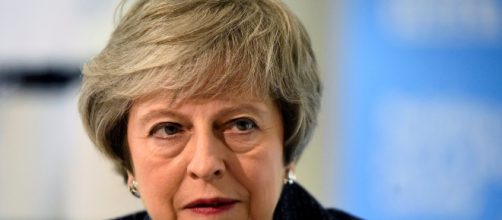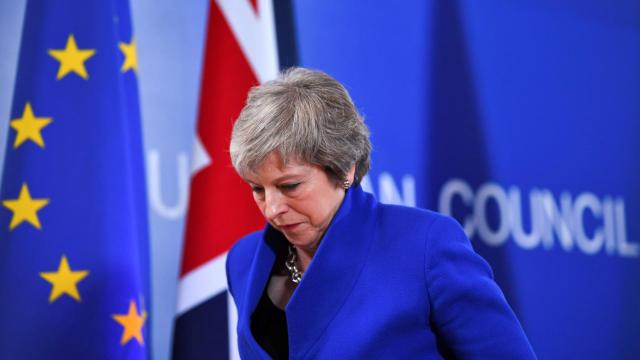Theresa May, Prime Minister of the United Kingdom, has been accused of attempting to “bribe” MPs ahead of the key vote on her Brexit withdrawal plans.
May has announced that poorer towns across England will be given an additional £1.6 billion in funding through the Stronger Towns Fund.
May said that prosperity has been “unfairly spread” for too long in the UK in a statement released by her office. “Communities across the country voted for Brexit as an expression of their desire to see change -- that must be a change for the better, with more opportunity and greater control.”
This money will be given to areas that had not “shared the proceeds of growth,” such as Wakefield, Doncaster, and Wigan.
However, all of these towns also voted heavily for Brexit.
Labour shadow chancellor John McDonnell has described the Stronger Towns Fund as a “bribe” designed to get MPs in pro-Brexit parts of the country to vote for her in the Commons.
McDonnell said that the initiative “smacks of desperation from a government reduced to bribing MPs to vote for their damaging flagship Brexit legislation.”
Will MPs vote for May’s Brexit deal?
May has until March 12 to put her deal to Parliament. However, having suffered a damaging defeat in January, the Prime Minister has been holding off calling another vote.
Brexiteers feel she is failing to deliver the hard Brexit that people voted for due to the backstop agreed in Ireland, while Remainers are disgruntled by her refusal to rule out a no-deal Brexit.
She has had little luck convincing either side to back her plans, and this latest attempt seems to have fallen flat too.
May and her supporters have been quick to rebuff suggestions that they are attempting to “buy votes,” insisting that the initiative is an attempt to show communities that they can be better off after Brexit.
Robert Halfon, Conservative MP for Harlow, said: “It is vital that this fund is not seen as pork-barrel politics, but a way for all poorer communities to benefit post-Brexit.”
Regardless, MPs across constituencies and parties appear to be unaffected by the attempts, standing strong against May’s Brexit deal.
Gareth Snell, MP for Stoke-on-Trent Central, insisted there was is no price on his vote, stating that the additional funding wouldn’t cover the recent cuts made by his local council.
May has also come under fire from Conservative MPs, such as Simon Clarke, MP for Middlesbrough South and East Cleveland, who said: “What this money won’t do is buy any votes in Parliament.”
If May is unable to convince MPs soon, she could be forced to delay the March Brexit deadline by up to three months.



